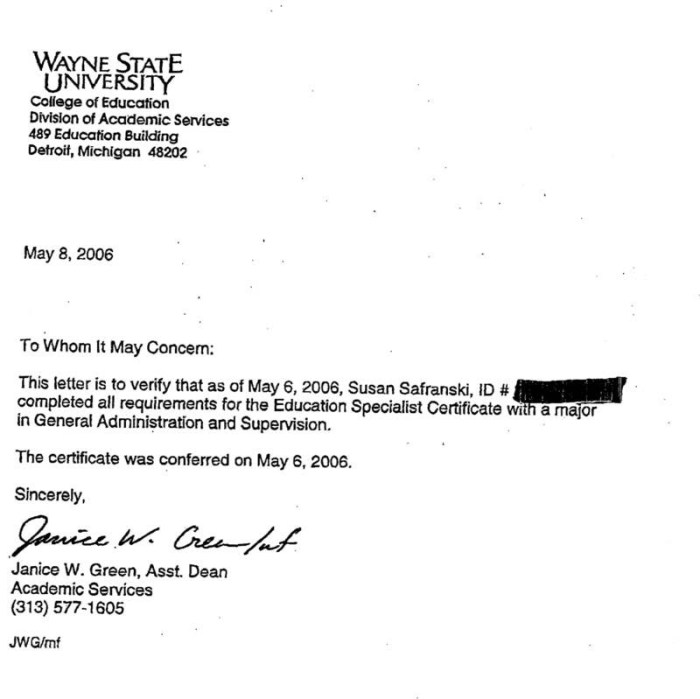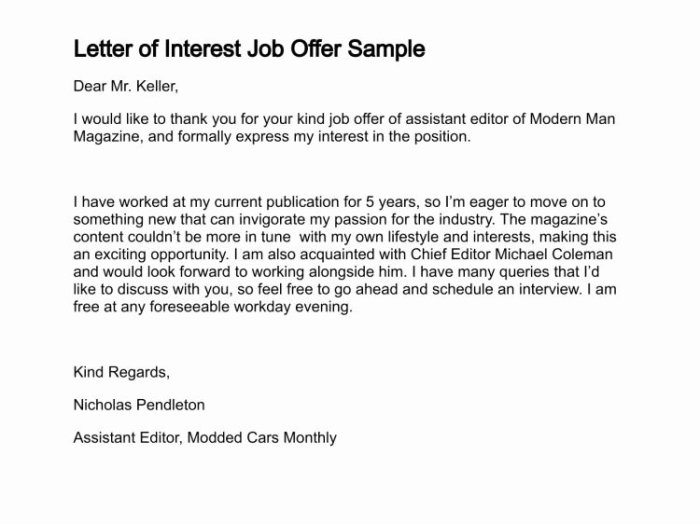The delta sigma theta interest letter serves as a crucial tool for individuals seeking membership in this esteemed organization. This comprehensive guide delves into the essential elements of an effective interest letter, empowering readers to present their qualifications and enthusiasm with clarity and impact.
In this guide, we will explore the purpose, structure, and content of an interest letter. We will discuss the importance of tailoring the letter to the specific organization and highlight strategies for effectively communicating relevant skills, experience, and interest. Additionally, we will provide guidance on crafting a compelling call to action and following up after submission.
Interest Letter Structure
An interest letter, also known as a letter of interest, is a concise document that expresses a candidate’s interest in a specific position or organization. Its purpose is to introduce the candidate and highlight their qualifications while showcasing their enthusiasm for the opportunity.
Typically, an interest letter follows a standard format:
| Section | Content |
|---|---|
| Header | Includes the candidate’s contact information and the date |
| Salutation | A formal greeting addressed to the hiring manager or organization |
| Introduction | A brief introduction of the candidate and their interest in the position |
| Body | Highlights the candidate’s relevant skills, experience, and qualifications |
| Call to Action | A request for further consideration or an interview |
| Closing | A polite closing statement and signature |
It is crucial to tailor the interest letter specifically to the organization and position of interest. This involves researching the organization’s culture, values, and specific requirements for the role.
Content of the Interest Letter
The content of an interest letter should be carefully crafted to capture the attention of the hiring manager and demonstrate the candidate’s suitability for the position.
Key information to include in the body of the letter:
- A clear statement of interest in the specific position and organization
- A concise summary of relevant skills and experience
- Specific examples of accomplishments that demonstrate the candidate’s qualifications
- An expression of enthusiasm and interest in the organization’s mission and values
- A statement of how the candidate’s skills and experience align with the organization’s needs
It is important to highlight relevant skills and experience by using specific examples and quantifying accomplishments whenever possible. This helps the hiring manager visualize the candidate’s contributions and impact in previous roles.
Additionally, expressing enthusiasm and interest in the organization shows the candidate’s passion for the opportunity and their commitment to the organization’s goals.
Call to Action

The call to action in an interest letter is an essential element that encourages the hiring manager to take further action.
Effective call to actions:
- Clearly state the candidate’s request, such as an interview or further consideration
- Are specific and tailored to the position and organization
- Convey confidence and enthusiasm
Examples of effective call to actions:
- “I would welcome the opportunity to discuss my qualifications further in an interview.”
- “I am eager to learn more about the position and how my skills can contribute to the organization’s success.”
- “I am confident that I possess the necessary skills and experience to excel in this role and make a significant contribution to your team.”
Following up after submitting an interest letter is crucial to demonstrate continued interest and professionalism. A brief follow-up email or phone call can reiterate the candidate’s interest and inquire about the status of their application.
Writing Style and Tone: Delta Sigma Theta Interest Letter

The writing style and tone of an interest letter should be professional, concise, and persuasive.
Professional language:
- Use formal language and avoid slang or colloquialisms
- Proofread carefully for any errors in grammar, spelling, or punctuation
Concise writing:
- Keep the letter brief and to the point, typically around 250-350 words
- Use clear and concise language to convey key information
Persuasive tone:
- Highlight accomplishments and skills that demonstrate the candidate’s value
- Use strong action verbs and specific examples to support claims
- Express confidence and enthusiasm without being overly aggressive
By adhering to these guidelines, candidates can create an interest letter that effectively showcases their qualifications and enthusiasm, increasing their chances of securing an interview or further consideration.
Common Queries
What is the purpose of an interest letter?
An interest letter is a formal document used to express interest in joining an organization, such as Delta Sigma Theta. It provides an opportunity to introduce yourself, highlight your qualifications, and demonstrate your enthusiasm for the organization.
What are the key elements of an interest letter?
Key elements of an interest letter include a professional salutation, a clear statement of interest, a concise summary of your qualifications, a call to action, and a closing statement.
How do I tailor my interest letter to a specific organization?
To tailor your interest letter, research the organization’s mission, values, and current initiatives. Highlight your skills and experiences that align with the organization’s goals and demonstrate how your membership would contribute to its success.